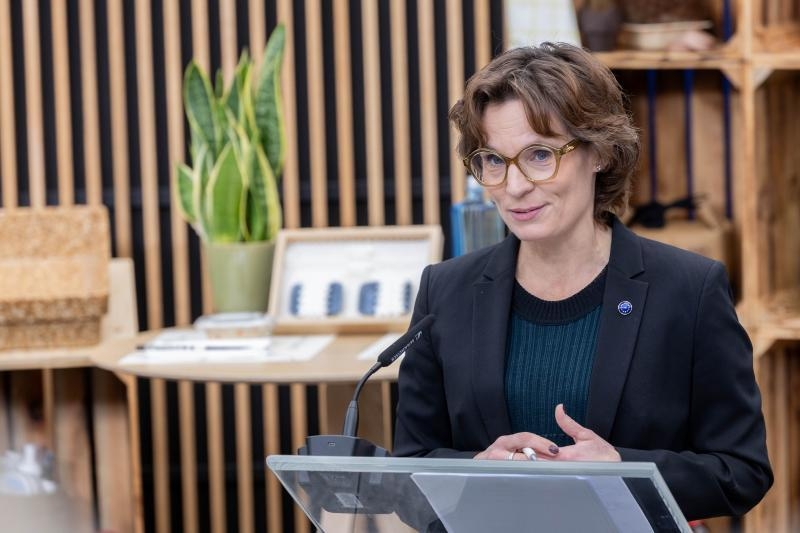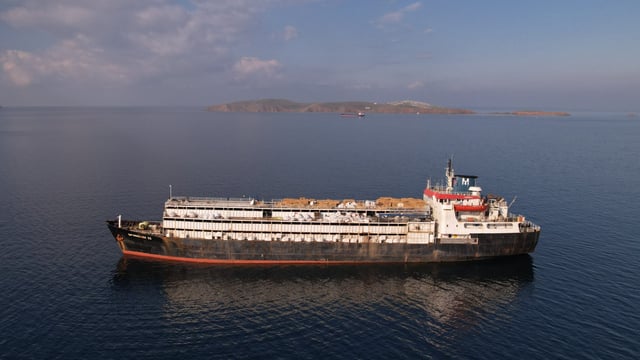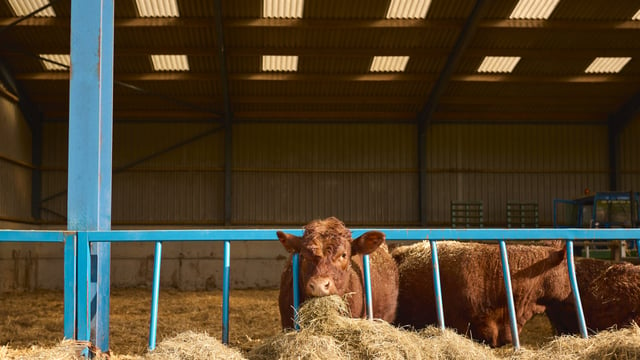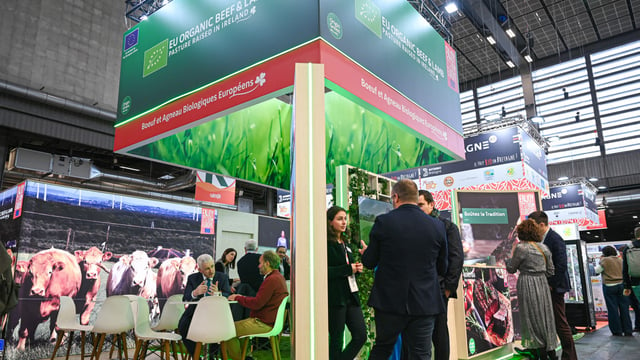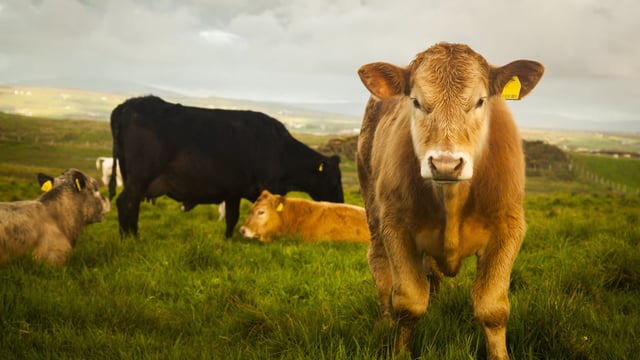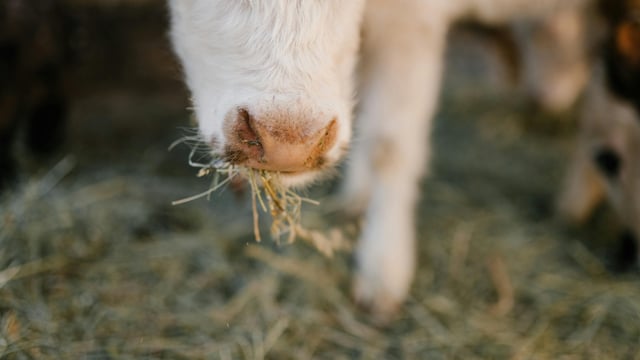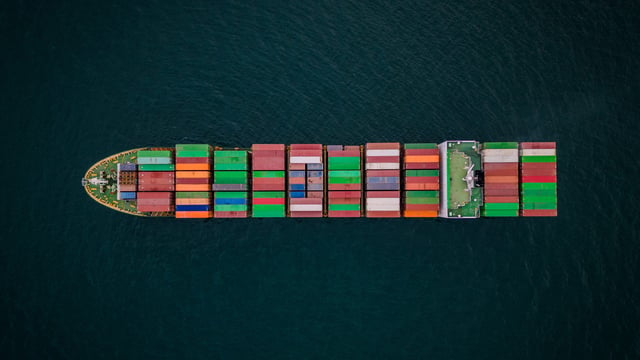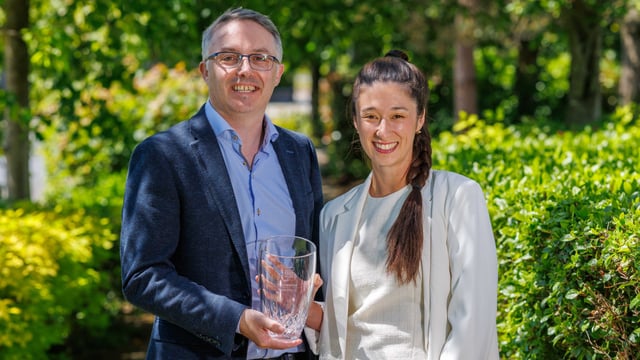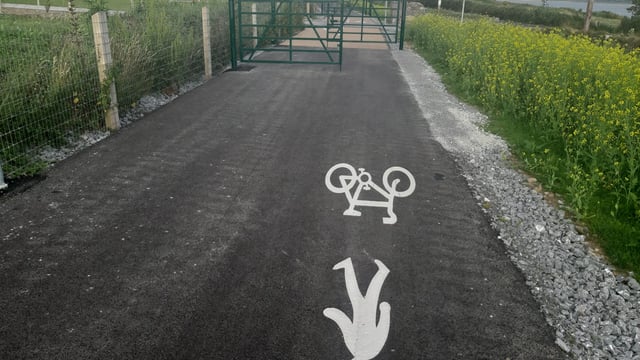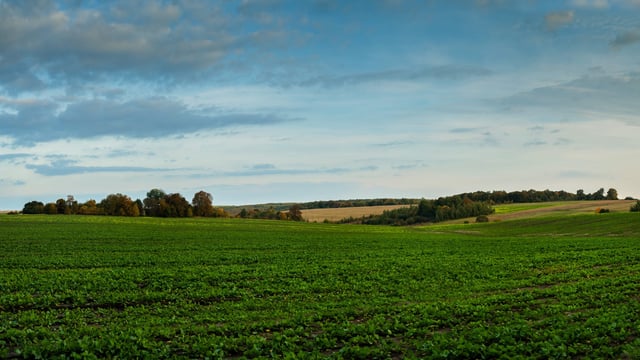EU launches plan to reward farmers and foresters who protect soils and support biomass
The European Commission has adopted a new Strategic Framework for a Competitive and Sustainable EU Bioeconomy, which will include rewarding farmers and foresters who enhance carbon sinks.
It is aimed at building a way forward to a clean, competitive and resilient European economy.
By using renewable biological resources from land and sea and providing alternatives to critical raw materials, the commission said that the EU will move forward towards a more circular and decarbonised economy and can decrease dependence on fossil imports.
The bioeconomy offers Europe a chance to strengthen its resilience, replace fossil-based materials and products, create jobs and lead the global shift to clean industries, according to the commission.
With this strategy, the EU will aim to support activities that provide sustainable practical solutions using biological resources in sectors such as agriculture, forestry, fisheries, aquaculture, biomass processing, biomanufacturing and biotechnologies.
It will harness the potential of these resources, scientific excellence and industrial base, and encourages innovations that benefit the climate, nature and society.
The EU Bioeconomy Strategy aims to unlock this potential by scaling up innovation and investments, developing lead markets for bio-based materials and technologies, ensuring a sustainable supply of biomass, and harnessing global opportunities.
Commissioner for Environment, Water Resilience and a Competitive Circular Economy, Jessika Roswall said: "The bioeconomy offers huge potential to scale up - from the products we use every day, to the homes we live in, to large industrial applications.
"This is a growth strategy that will increase our resilience and competitiveness, and at the same time ensure that nature and healthy ecosystems remain the backbone of our economy.
"It will create local jobs, replace fossil resources, and protect the nature we all rely on. Our vision is clear: a future where Europe runs on nature, innovation and circular solutions rooted in a competitive and sustainable bioeconomy."
Making bio-based innovations a reality
The commission has stressed that to lead the bio-tech revolution, innovation and investment need to be scaled up, so that research does not remain in the labs.
Scaling up bio-based innovations requires a combination of public and private investments, as well as a streamlined regulatory environment.
The commission said it will work to create a coherent and simplified regulatory framework that rewards circular and sustainable business models, while safeguarding EU safety standards.
Faster, clearer and simpler approvals for innovative solutions are expected to support companies to develop and grow in Europe, especially for SMEs (small and medium-seized enterprises).
The commission has also stated that it will ensure that existing and future EU funding goes into bio-based technologies.
To stimulate private investment, the commission proposes to convene a Bioeconomy Investment Deployment Group to create a pipeline of bankable projects, share risk more effectively, and crowd in private capital.
Developing lead markets
To unlock investment and enable scale-up, the commission identified markets for bio-based materials and technologies.
These include bio-based sectors, such as: plastics; fibres; textiles; chemicals; fertilisers; plant protection products; construction materials; biorefineries; advanced fermentation; and permanent storage of biogenic carbon, which have potential for both economic growth and environmental benefits.
The strategy proposes to set up a Bio-based Europe Alliance, which will be gathering EU companies to collectively purchase bio-based solutions worth €10 billion by 2030.
Biomass
Europe is largely self-sufficient in biomass, but the European Commission wants to make sure it stays that way.
The EU Bioeconomy Strategy stresses the need for sourcing biomass responsibly, ensuring that forests, soils, water, and ecosystems are managed within their ecological limits.
Promoting circularity and enhancing the value of secondary biomass – such as agricultural residues, by-products, and organic waste – is thought to be key.
The commission will set up initiatives rewarding farmers and foresters who protect soils, enhance carbon sinks and support sustainable biomass use.
According to the commission, Europe is well positioned to become a global leader in sustainable bio-based technologies, materials, products and expertise.
With this strategy, the EU will support European industry in accessing global markets by securing partnerships that reduce vulnerability and ensuring that Europe is not dependent on a single region or a single resource.


